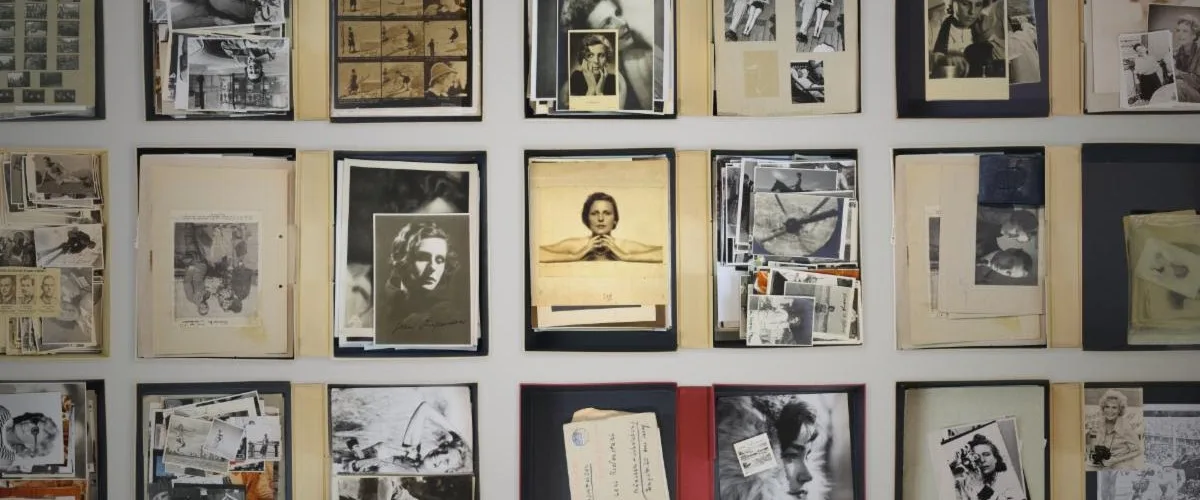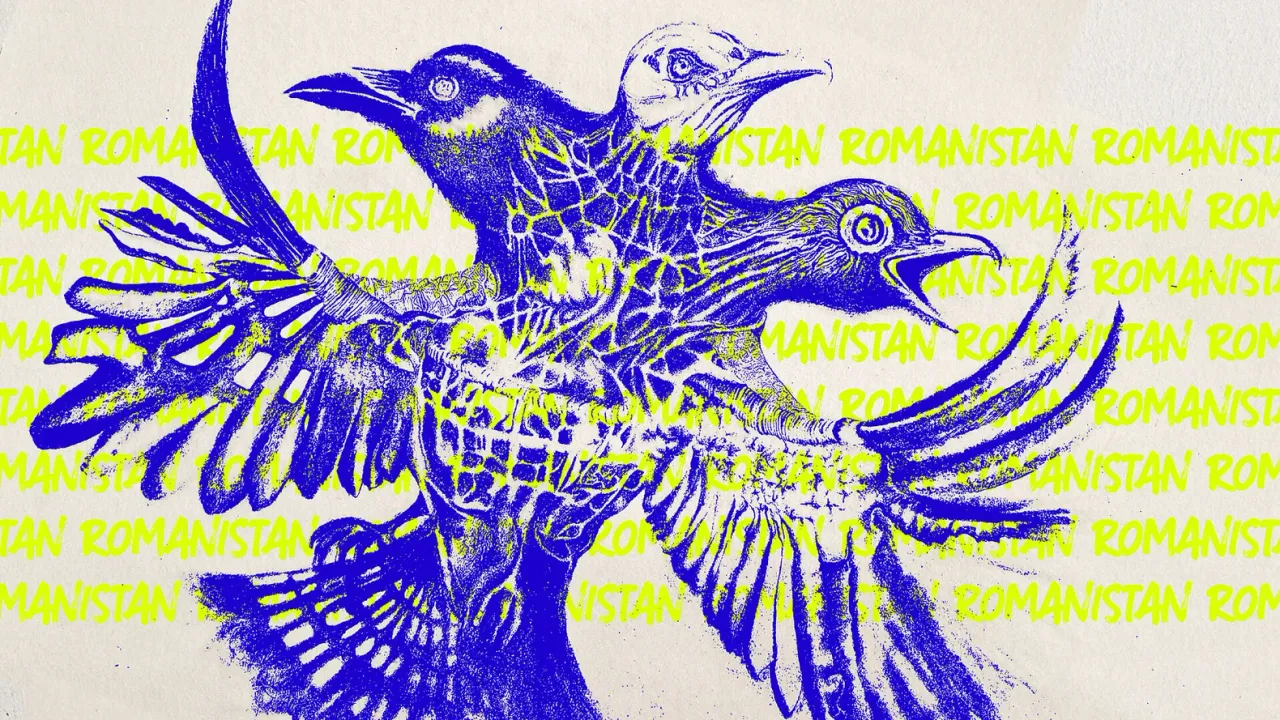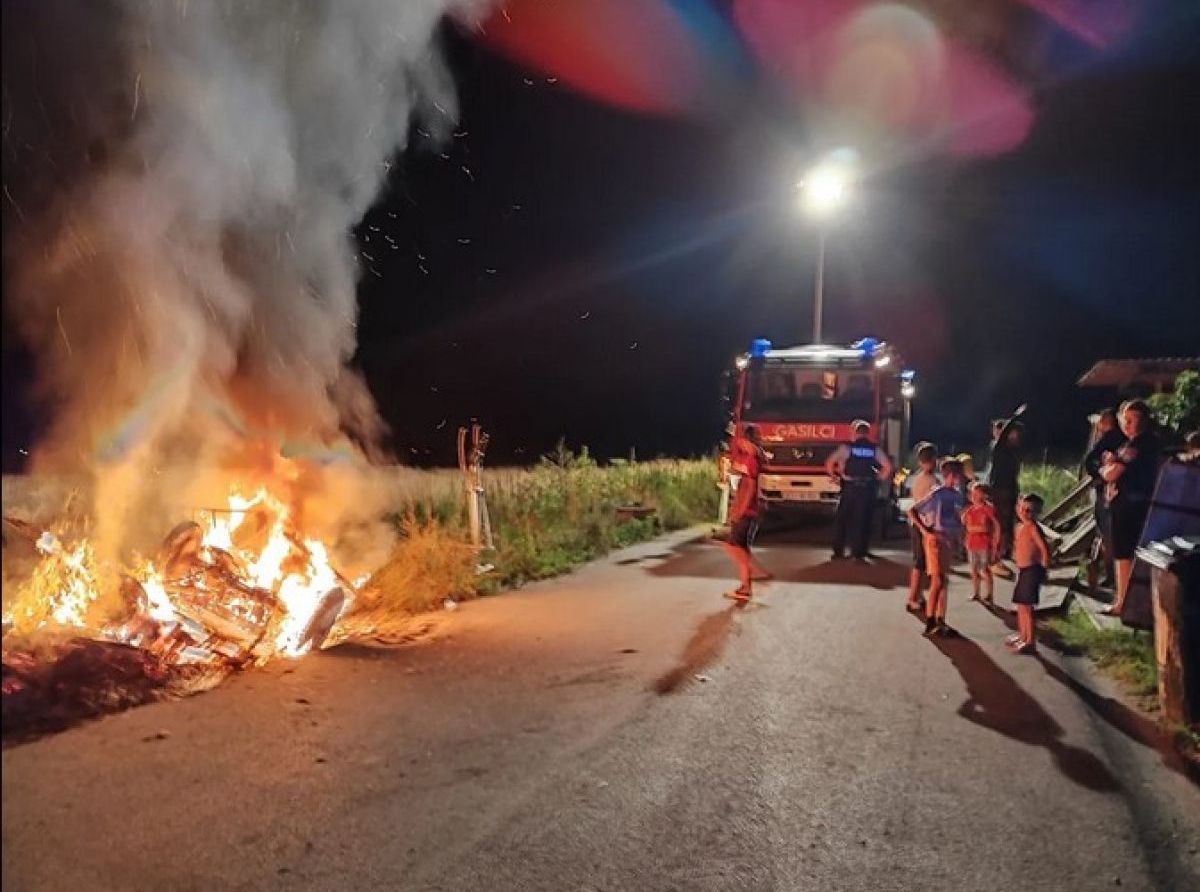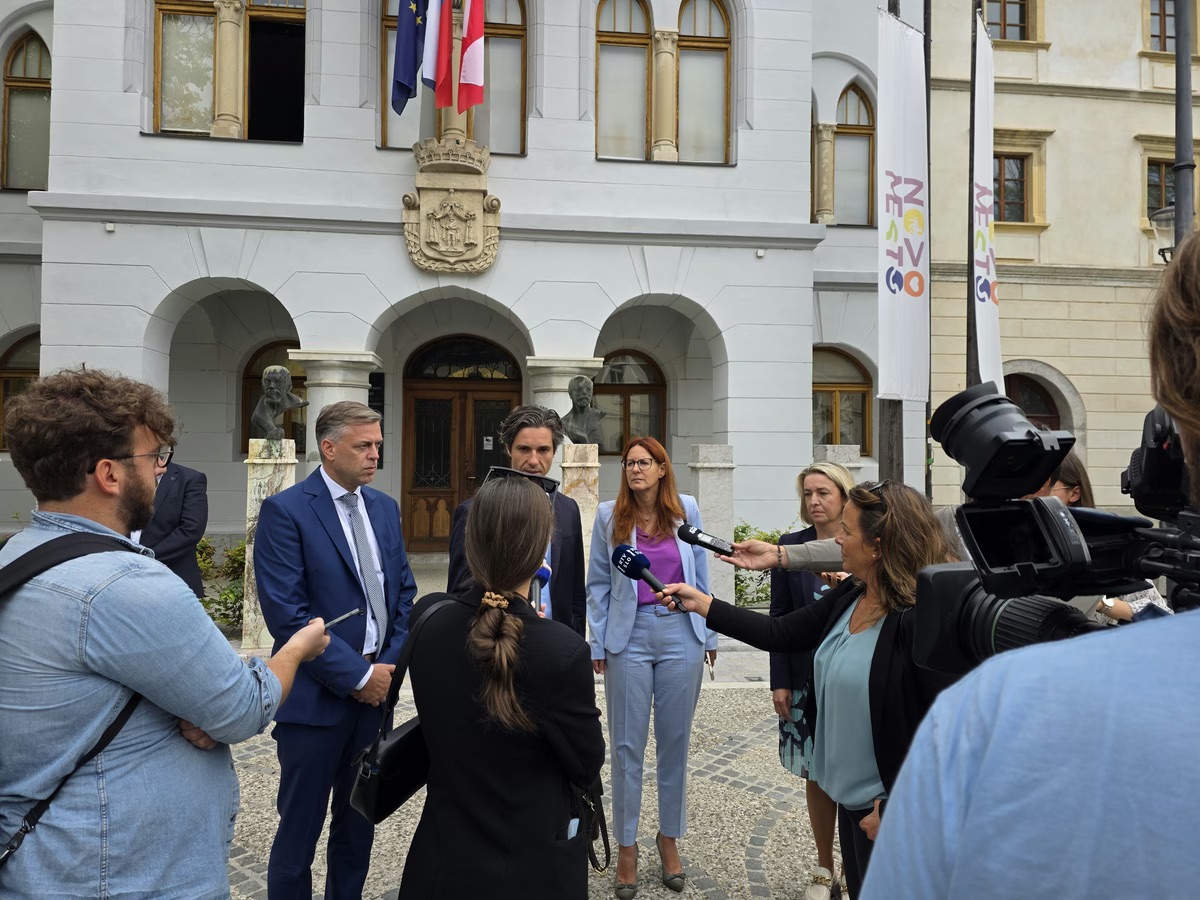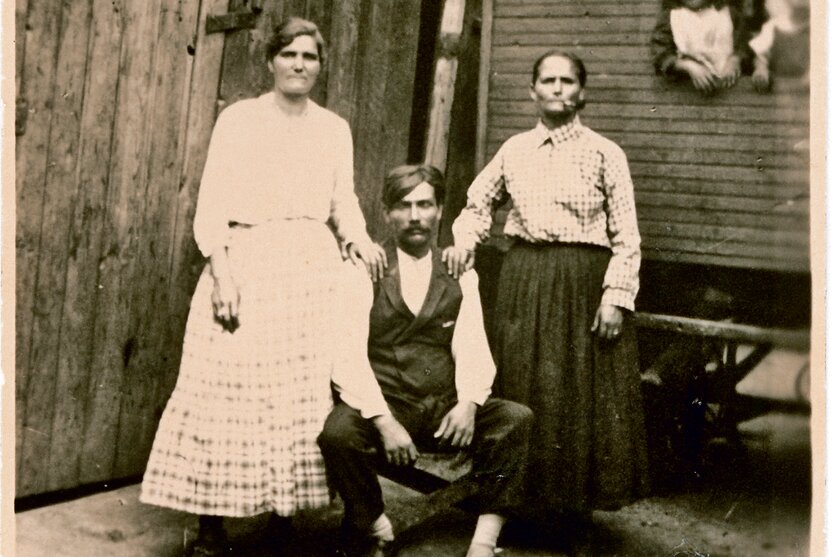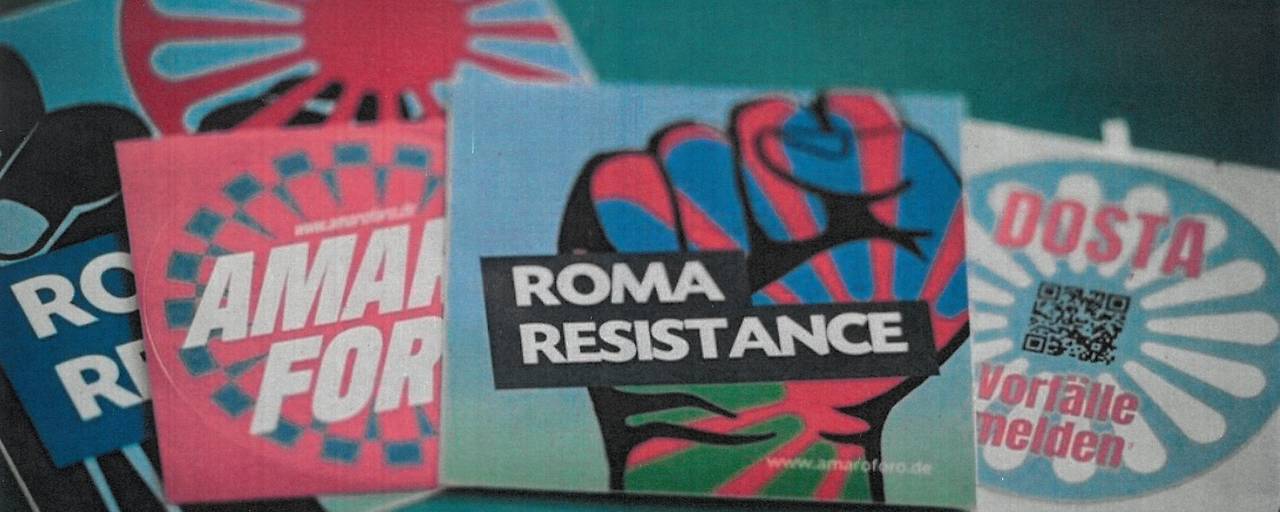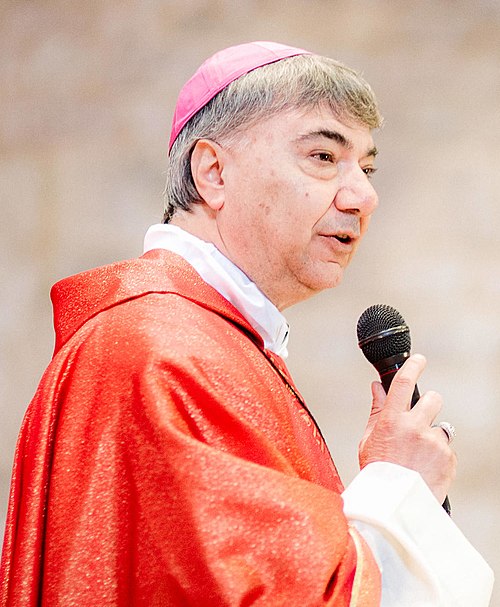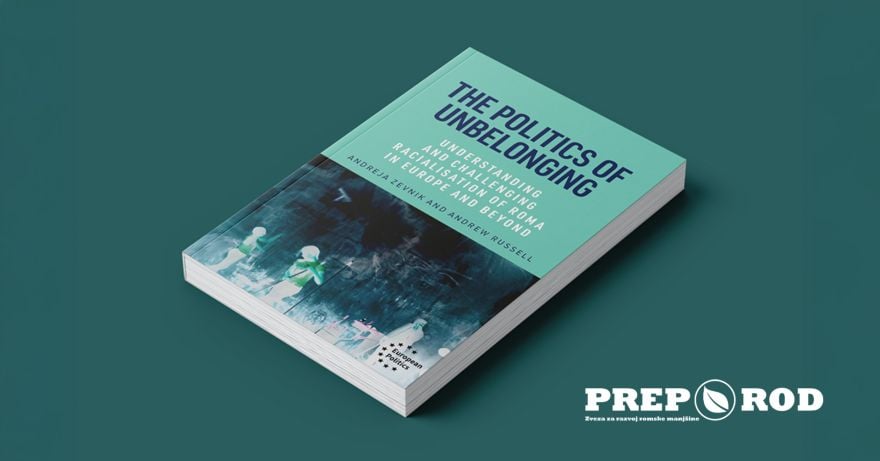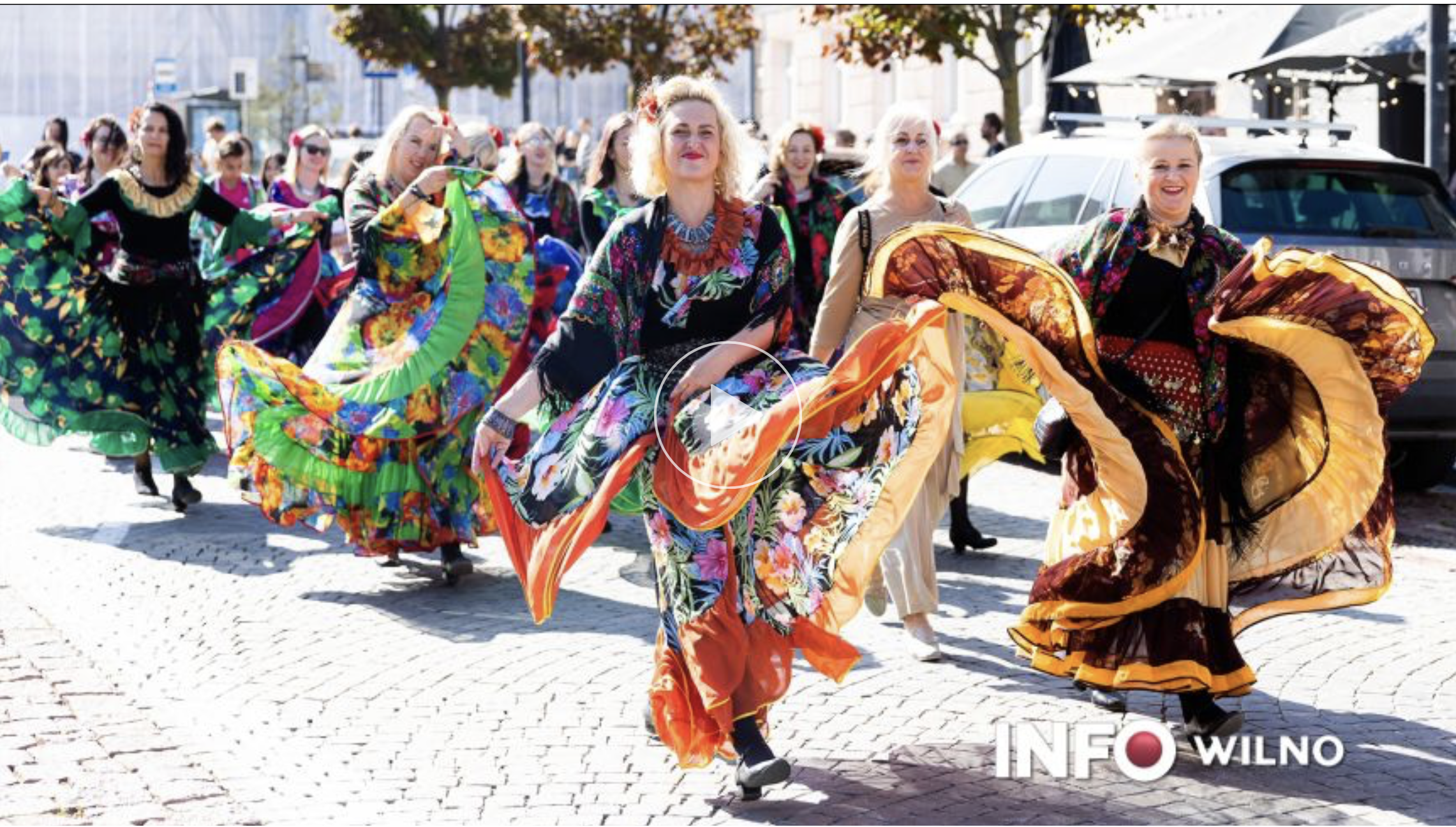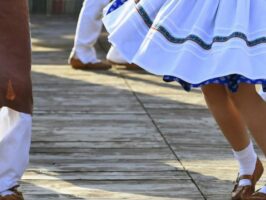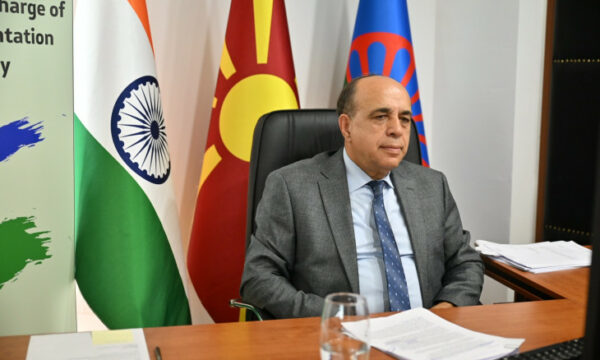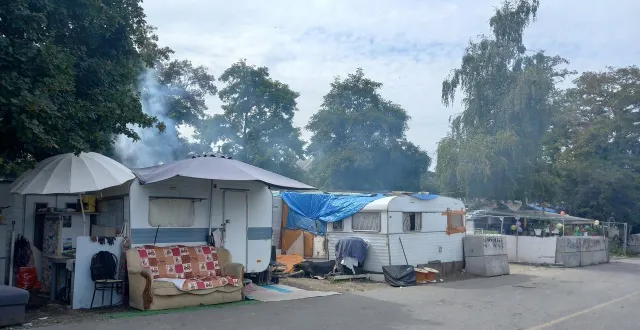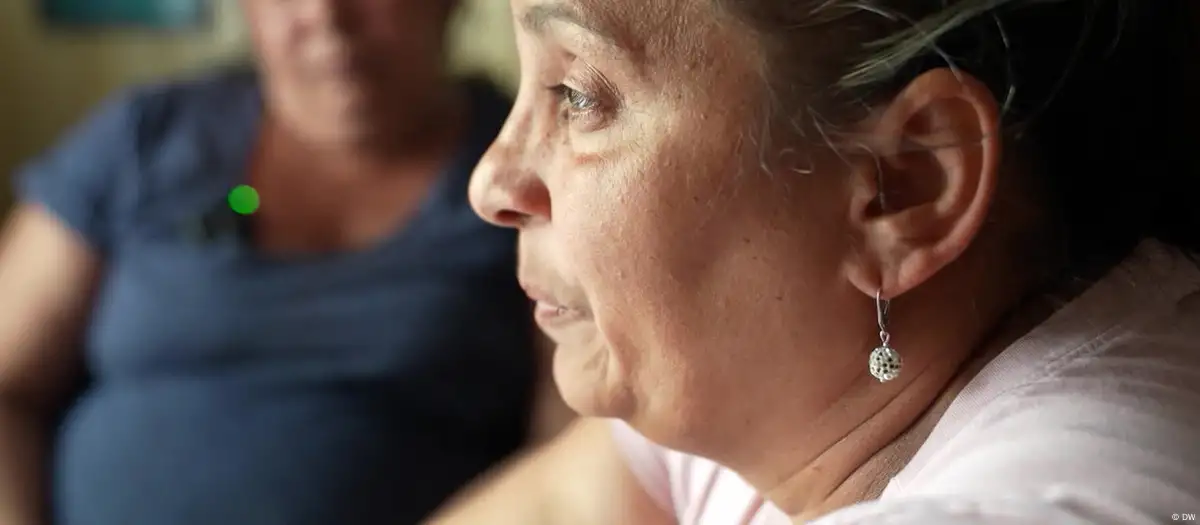Andres Veiel’s rich investigative documentary “Riefenstahl” states the obvious: The infamous German filmmaker Leni Riefenstahl was an outright Nazi. But as with any good film, the key isn’t what it’s about but how it’s about it. Given full access to the personal archive of the director who made “Olympia” and “Triumph of the Will,” Veiel builds an overwhelming, indisputable case that not only was Riefenstahl a Nazi, but you also can’t separate the art from this artist’s politics.
- In: Roger Ebert. 20.09.2025. https://www.rogerebert.com/reviews/riefenstahl-leni-documentary-film-review-2025
